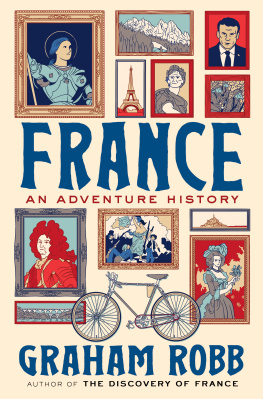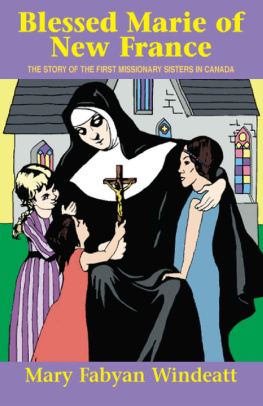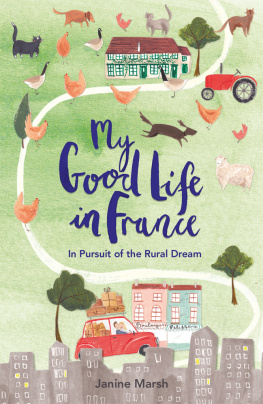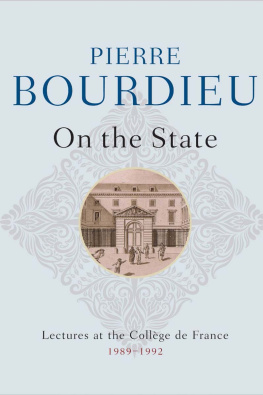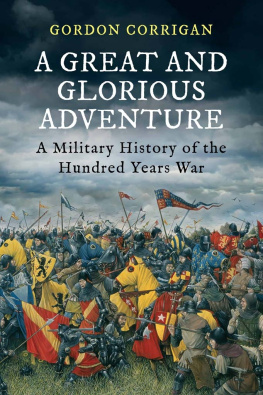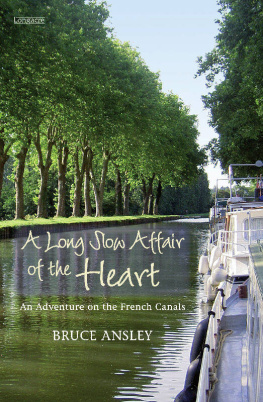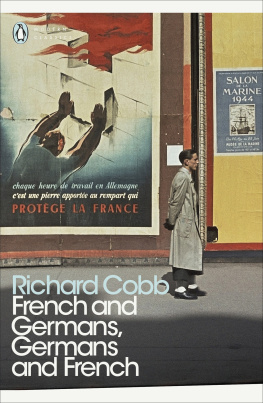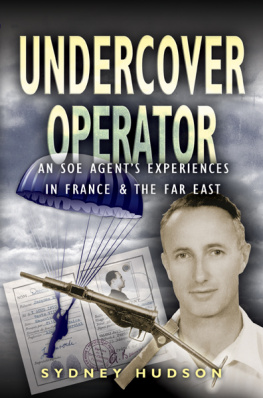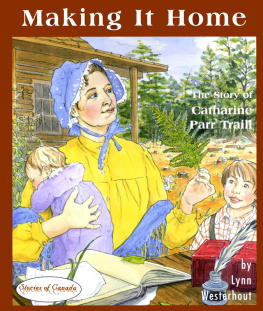Man Proposes,
God Disposes
Our Lives: Diary, Memoir, and Letters
SERIES EDITOR: JANICE DICKIN
Todays students, living in a world of blogs, understand that there is much to be learned from the everyday lives of everyday people. Our Lives seeks to make available previously unheard voices from the past and present. Social history in general contests the construction of history as the story of elites, and the act of making available the lives of everyday people of remarking on the unremarkable further subverts the traditional assumptions of historiography. It also reinforces the mission of Athabasca University, which, as Canadas open university, seeks to include rather than exclude. At the same time, Our Lives aims to make available books that make good reading, books that those who wrote them would enjoy themselves.
Series Titles
A Very Capable Life: The Autobiography of Zarah Petri
John Leigh Walters
Letters from the Lost: A Memoir of Discovery
Helen Waldstein Wilkes
A Woman of Valour: The Biography of Marie-Louise Bouchard Labelle
Claire Trpanier
Man Proposes, God Disposes: Recollections of a French Pioneer
Pierre Maturi, translated by Vivien Bosley
Man Proposes,
God Disposes
Recollections of a French Pioneer
PIERRE MATURI
A translation of
Athabasca, Terre de ma jeunesse
by Vivien Bosley
With an introduction
by Robert Wardhaugh

First published in France as Athabasca, Terre de ma jeunesse
(Paris: La Pense universelle, 1972).
English translation copyright 2013 Vivien Bosley.
Introduction copyright 2013 Robert Wardhaugh.
Published by AU Press, Athabasca University
1200, 10011 109 Street, Edmonton, AB T5J 3S8
ISBN 978-1-926836-55-3 (print) 978-1-926836-56-0 (PDF) 978-1-926836-57-7 (epub)
A volume in Our Lives series
ISSN 1921-6653 (print) 1921-6661 (electronic)
Cover and interior design by Natalie Olsen, Kisscut Design.
Cover photograph kavram / Shutterstock.com
Printed and bound in Canada by Marquis Book Printers.
Library and Archives Canada Cataloguing in Publication
Maturi, Pierre
Man proposes, God disposes : recollections of a French pioneer / by Pierre Maturi ; translation by Vivien Bosley ; with an introduction by Robert Wardhaugh.
(Our lives: diary, memoir, and letters, ISSN 1921-6653)
Translation of: Athabasca, terre de ma jeunesse.
Also issued in electronic format.
ISBN 978-1-926836-55-3
1. Maturi, Pierre. 2. Canadians, French-speaking Alberta Athabasca River Region Biography. 3. Frontier and pioneer life Alberta Athabasca River Region. 4. Pioneers Alberta Athabasca River Region Biography. 5. Athabasca River Region (Alta.) Biography. I. Bosley, Vivien Elizabeth II. Title. III. Series: Our lives: diary, memoir, and letters
FC3695.A85Z4913 2013 971.23202092 C2011-906693-9
We acknowledge the financial support of the Government of Canada through the Canada Book Fund (CBF) for our publishing activities.

Assistance provided by the Government of Alberta, Alberta Multimedia Development Fund.

Please contact AU Press, Athabasca University at aupress@athabascau.ca for permissions and copyright information.
PREFACE
Man Proposes, God Disposes takes us back to the small Alberta town of Athabasca in the years immediately prior to the First World War. Pierre Maturi arrived in Athabasca in December 1910 in the company of his two brothers-in-law, Armand and Jean Brunie, all three of them very young men. Born in 1890, Maturi had begun studying law in his native town of Brive, in south-central France, as had Jean Brunie. It was Armand Brunie, employed at the time as an insurance inspector in Paris, who had the idea of going to Canada. His wife, Marguerite, who was Maturis sister, would follow in October 1911, leaving the couples infant son at home, in the care of her parents. Pierre and the Brunie brothers remained in Athabasca until 1914, when, one after the other, they returned to France and became caught up in the war.
In Man Proposes, God Disposes we see a society full of energy, where hopes were high. An atmosphere of openness and generosity seemed to pervade the community, which was known as the gateway to the Canadian Northwest. Most of what we read about early Athabasca, however, whether in contemporary newspapers or subsequent histories, is the account of anglophone settlers, and it is they whose names are most frequently mentioned in the society columns and in the minutes of meetings. Quite apart from its intrinsic interest as an adventure story, Maturis memoir thus offers valuable insight into a francophone society that has been drowned out by English voices and serves a useful corrective to our impression of the ethnic mix of the town.
Although the French government was, at the time, attempting to discourage emigration, there were other ways to attract French settlers to Canada. On 2 December 1910, just as Maturi and his brothers-in-law were arriving in Athabasca, an article appeared in Le Courrier de lOuest, the main French-language newspaper of the Canadian Northwest. It quoted from a piece written by a recent visitor to Alberta, douard Brunet, for his hometown newspaper, Le Havre-clair:
We cant say to all French people Go to Canada, but to those who are willing to leave their homeland and are seeking a rich, hospitable land, we would urge reflection about the choice of a country where there is absolute freedom, where there are thousands of French Canadians who would welcome them without asking them to abandon their nationality, their language, and their faith, and where after a few years of work, they can find a comfortable life of independence.
It is evident from Maturis account that some of the French speakers he knew had succeeded spectacularly in achieving a comfortable life of independence. Isae Gagnon was the wealthiest man in Athabasca Landing and one of the great success stories of the province; another Frenchman, Dr. Joseph Olivier, was mayor of the town. Members of the Lessard family were political and commercial leaders, well known throughout the province, and at the time Rvillon Frres was the largest furrier business in the world. The Catholic faith was also well established in the area. Father Beaudry, of Athabascas St. Gabriels Church, is typical of the many Roman Catholic clergy who came from France to minister to the needs of local francophones and the Mtis. The French bishops whom Maturi mentions have left traces of their influence in many place names throughout western Canada.
And so, when Maturis horses skittered out of control down the hill into Athabasca Landing, he soon found that his lack of English did not isolate him from the town completely: there were enough French-speaking residents to allow him to function comfortably.
Although small and still relatively remote, Athabasca was by no means a social and cultural desert. The advent of newcomers was duly noted in the local paper, which reported on 17 January 1911: The three French gentlemen who recently arrived from Paris have been busily engaged erecting necessary building to fulfill their homestead duties. It is said that upon completion a house-warming will take place and Mr. Jos. Tobaty will be major-domo of the event. Maturi refers to the brawls that sometimes broke out among the rougher elements in town, but at the other end of the social spectrum there was no dearth of entertaining diversions. He mentions the lively Christmas dinners served at the Grand Union Hotel and the impromptu parties he and his brothers-in-law gave or attended, at which French was the lingua franca. In genteel anglophone society, there were tea parties and at-homes, and young ladies flirted with young men on riding and hunting expeditions.
Next page


